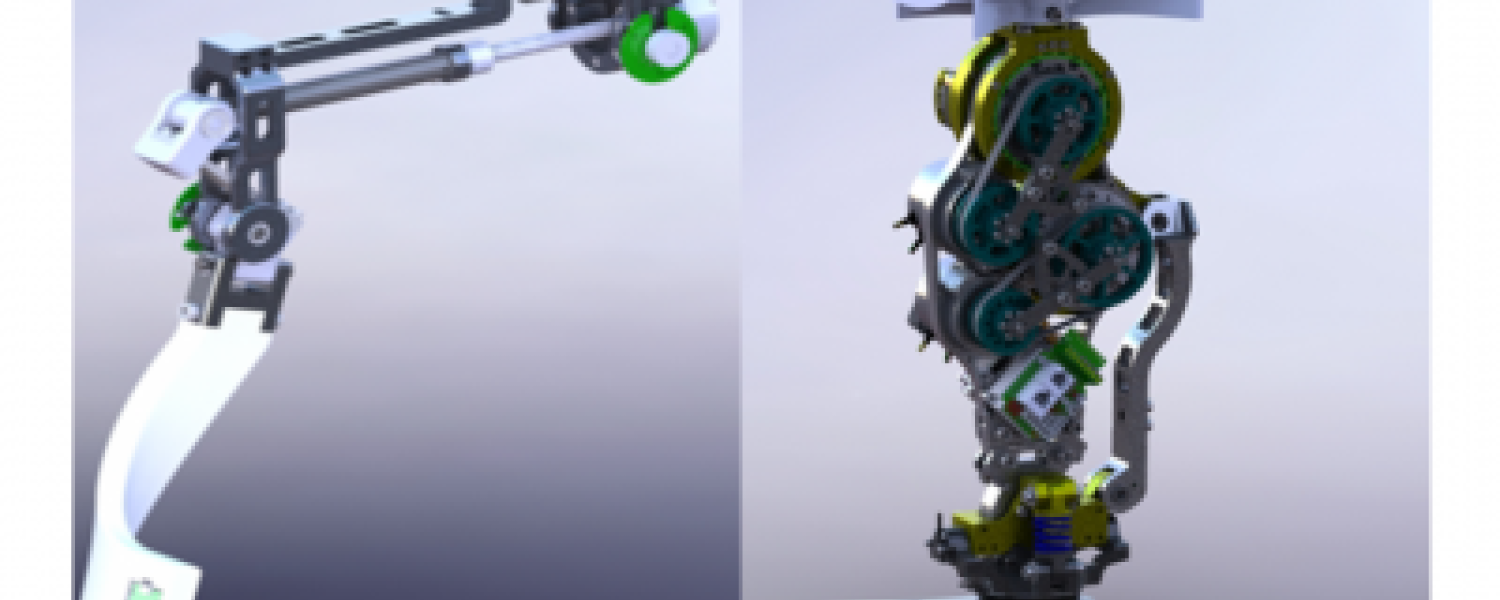
Robotic Human Augmentation
University
Course
VVW
Sponsor
Department of Defense
Goals
The EPIC (Exoskeleton and Prosthesis Intelligent Controls) Lab research areas include automation and mechatronics and bioengineering with a focus on the control of powered robotic prostheses and exoskeletons to assist human movement. We implement biological signal processing, intent recognition, and control systems based on EMG and mechanical sensors to improve human-machine capabilities. Our primary goal is to use robotic augmentation technology to restore human movement to individuals with mobility disability.
Issues
Our research focuses on optimizing the human machine interface with robotic prostheses and exoskeletons. Much of this involves learning control methods to allow a human user to efficiently operate and work in sync with an assistive device. This involves extracting user intent through sensor fusion and machine learning algorithms along with other states such as gait phase, locomotion mode and walking speed. We then optimize robotic walking profiles to assist the human user. We focus our application with human user tests on individuals with walking disability such as amputees, stroke subjects, elderly subjects and others.
Tools and Methods
Control Systems
Mechatronics
Machine Learning
Signal Processing
Data Analysis
Embedded Programming
Human Subject Testing
Mechanical Design
Human Biomechanics
Maching
Desired Majors
Mechanical Engineering
Electrical Engineering
Computer Engineering
Computer Science
Biomedical Engineering
Sponsor
Department of Defense